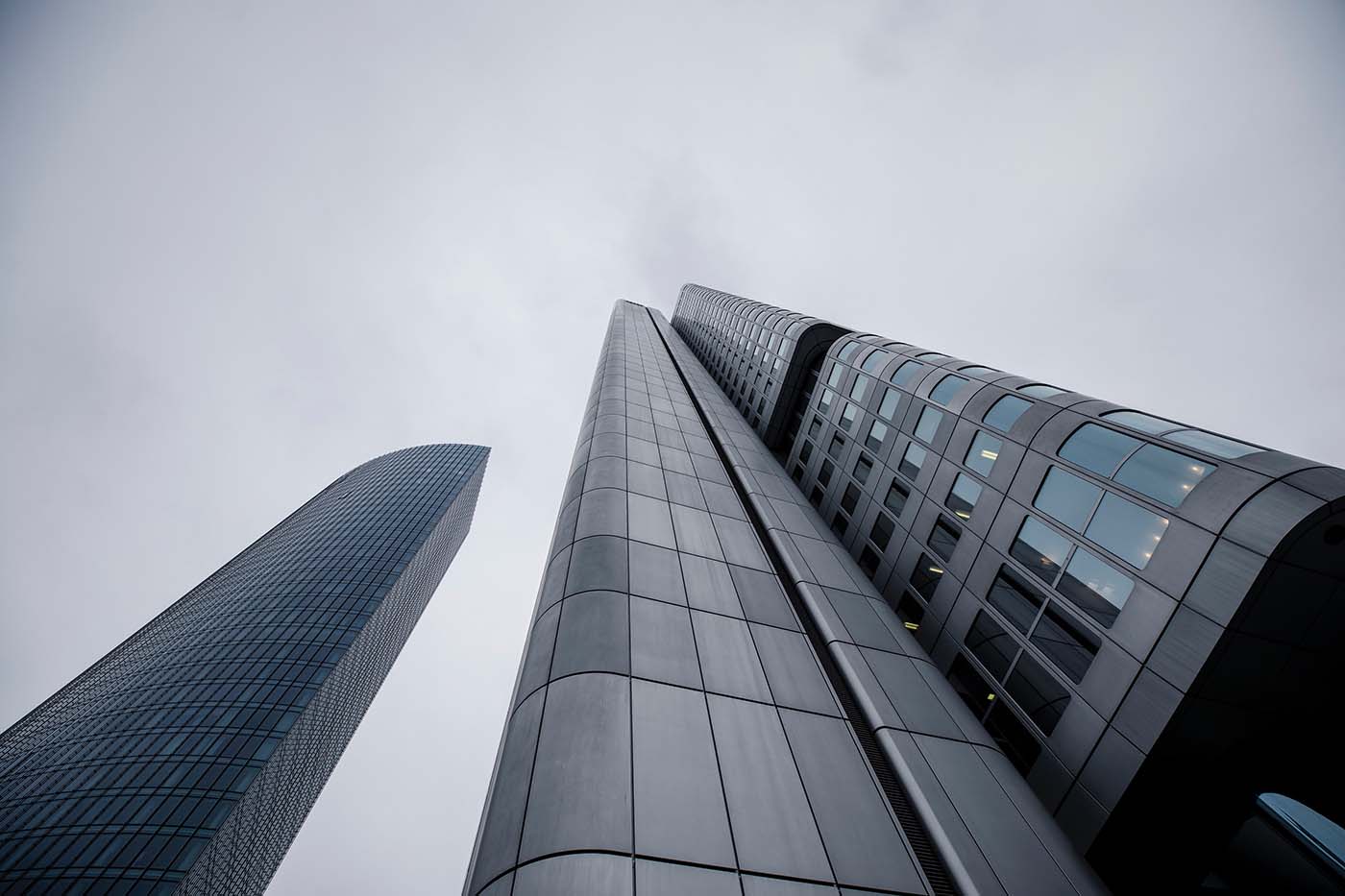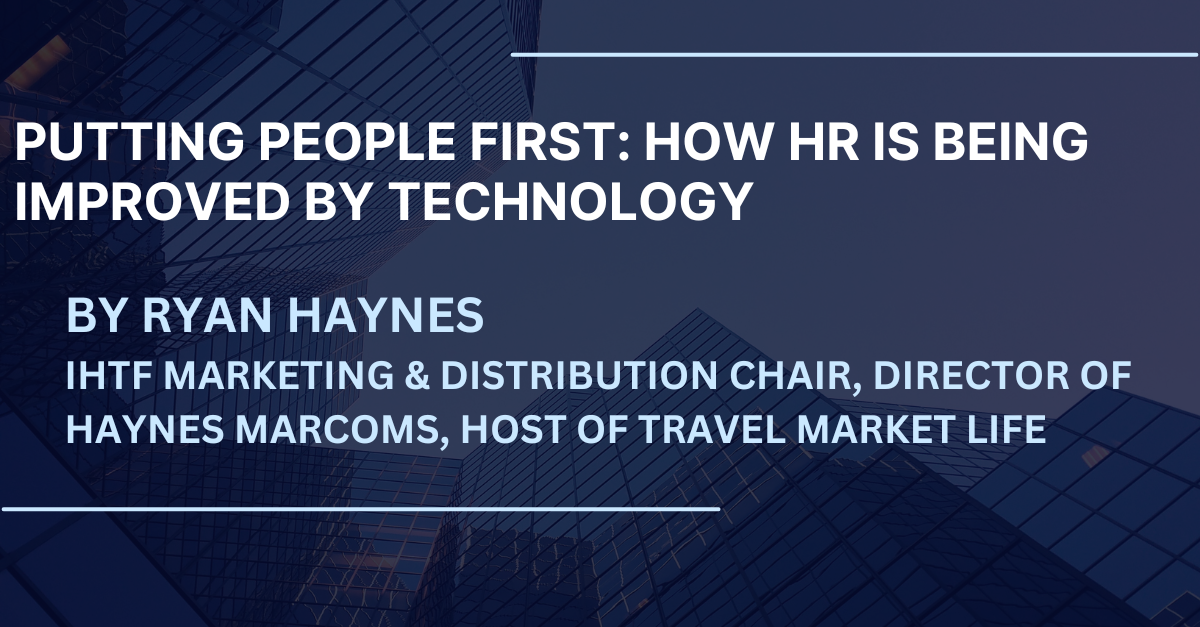

A hotel’s tech stack is not just about improving the guest experience and managing reservations. From people management to employee well being, technology is streamlining HR processes and workforce development.
Hoteliers who consider technology as integral to their guest journey aren’t wrong – but this is only one (albeit large) part of a strong tech stack. Technology should also be considered as part of a company’s employee relationship strategy, with HR departments able to streamline processes and reduce administrative tasks, freeing them up to focus on improving the learning and development pathways for employees.
‘Visible’ vs ‘Invisible’ tech in hotel HR
There are a number of ways HR technology is utilised by hoteliers in improving the day-to-day experience for staff.
Digital rota systems, holiday and time management programmes are often among the first an employee will be shown during onboarding. Staff access and time keeping – whether by employee ID cards or facial recognition – is also increasingly reliant on technology, removing the need for permanent and regular contractors to manually sign in at a staff entrance.
These types of technologies are visible ways HR is using systems, but there’s even more tech that operates in the shadows – from AI programmes which sift through CVs to identify the strongest candidates, to payroll systems that work from data collected and shared with sign-in systems.
Technology is able to ease the administrative burden on HR teams in areas such as recruitment, onboarding, and learning and development.
Recruitment in hospitality
Recent ONS data showed vacancies fell by 22% in the year to May 2023, but as UK Hospitality pointed out, overall vacancies remain “48% higher than pre-Covid levels”, suggesting the problem is not going away. In a competitive market for talented employees, technology such as applicant tracking and LinkedIn or other digital networks can identify suitable candidates and improve the speed to hire. This could be the difference between securing a candidate and them finding another role.
For senior roles, Hospitality & Technology recruitment consultant Eric Rogers, Director of Eric Rogers Global, recommends using a more human touch in your search. Advertising a role will provide you with “people that are actually looking for a job. My role is to find people that are not actually looking, and figure out whether they are the ideal fit for the company.” In today’s competitive job market, poaching staff from competitors and other industries is increasingly common, with technology then utilised to conduct interviews or candidate screening, as well as the likes of personality tests of top candidates.
Particularly in Events and F&B departments, staff churn is almost a given, with a majority of the workforce either transient (eg students; short term work visa holders) or second-jobbers. Both areas of the business have flexible staffing needs – which can often change at short notice depending on demand and bookings.
For Steven Driscoll, Restaurant Operations Manager at The Berkeley, the Brigad app provides an easy way of remembering key temporary staff he has worked with before. The app connects employers with self-employed temporary workers, with the option to favourite people. This functionality lets Driscoll “bring back talents that we’ve worked with… It’s a much more flexible way of staffing, which works for both sides.”
Speed to hire is also one area Driscoll is focused on improving: “We need to move faster. We need to make it a quick process to interview and hire…We’ve tried to streamline that as much as possible because obviously the demand is so high for workers and we don’t want to lose great talent.
Managing people and processes
Once a team member is onboarded, the HR admin doesn’t stop. Handling disciplinary matters, shaping corporate policies, keeping up to date with government regulations, crafting a staff handbook – it’s easy for HR teams to get bogged down in paperwork.
Suppliers such as Fourth Hospitality provide technologies that hoteliers are using to streamline operations. The company’s AI programme helps HR and managers forecast demand, identify patterns and trends, and – via customisable insights – respond efficiently to basic HR day-to-day operations such as rota planning.
Technology which integrates with other functions and programmes, such as digital documentation signing, further frees up teams from HR administration. These tend to streamline process management; technology can also help improve people management.
Learning and development should be a cornerstone of any good HR team – and tech can help make training more accessible and more effective for employees. Whether it’s a simple online portal or access to programmes such as LinkedIn Learning for a staff member to pick their own course, technology enables a round-the-clock workforce to participate in training at their own pace, when they can schedule it. Advanced technology is in use in other sectors – such as sales enablement specialist Mentor Group’s Virtual Reality training, used by the likes of IT specialist Lenovo – and hospitality can take learnings from other industries on how to revitalise the training programmes for both on-the-job learnings and career development topics.
Just like revenue management systems allow revenue teams to refocus on commercial strategy, HR systems provide space for HR leaders to engage with employees, and strategise about how to boost engagement and reduce turnover.
Employee well being
In an industry where working from home simply isn’t viable for most roles, hospitality companies need to be bold in how they boost employee engagement and satisfaction.
On-site experiences such as meals when on duty, dry cleaning, gym membership and discounts (both at their own hotel or brand, and on high street retailers) are increasingly regarded as standard for many hotel workers. Technology is helping broaden benefit programmes with digital courses, at-home workouts, and mental health programmes all accessible at times when staff want to use them.
According to Driscoll, “Everybody wants to learn and improve. [With] an amazing training platform and learning and development teams in our properties” the personal and professional development pathways for staff are diverse.
At the Columbia Beach Resort in Cyprus, Monica Coppetta, General Manager, is easing the strain on housekeepers with technology. With temperatures regularly exceeding 40 degrees celsius and the resort’s villas having stairs, housekeeping can be hot as well as physical work. “Now, staff are facilitated by technology. Something that you used to do manually – such as going to a suite and checking if it’s clean – can be seen on a digital screen or mobile app, streamlining the operation and facilitating guest services.” Enhancing the working conditions for staff can improve their well being and retention.
Learn more about how technology is helping hotels tackle the staffing crisis by listening to the Travel Market Life podcast series, including a look at how The Berkeley manages temp staffing needs with Brigad.
